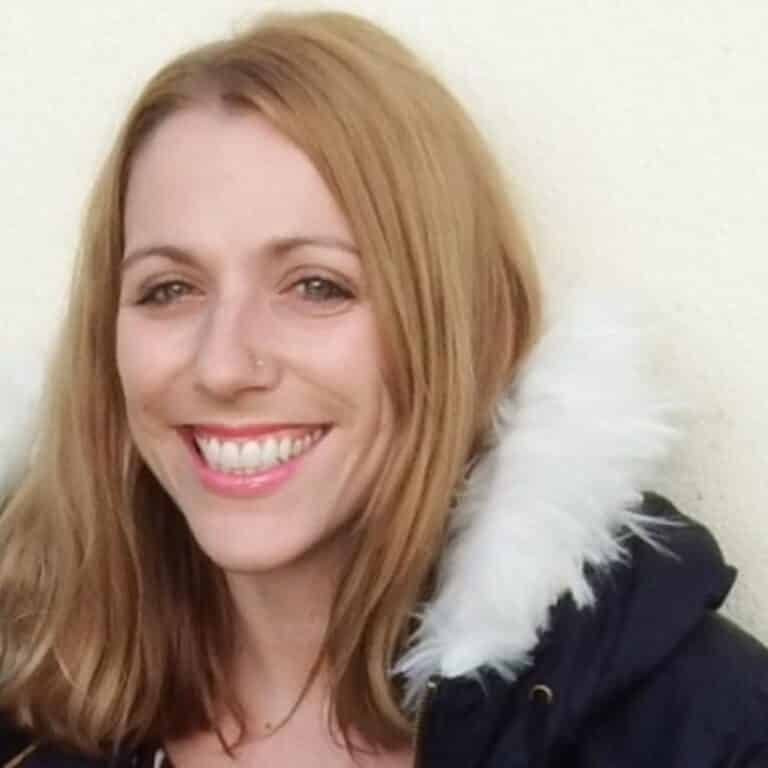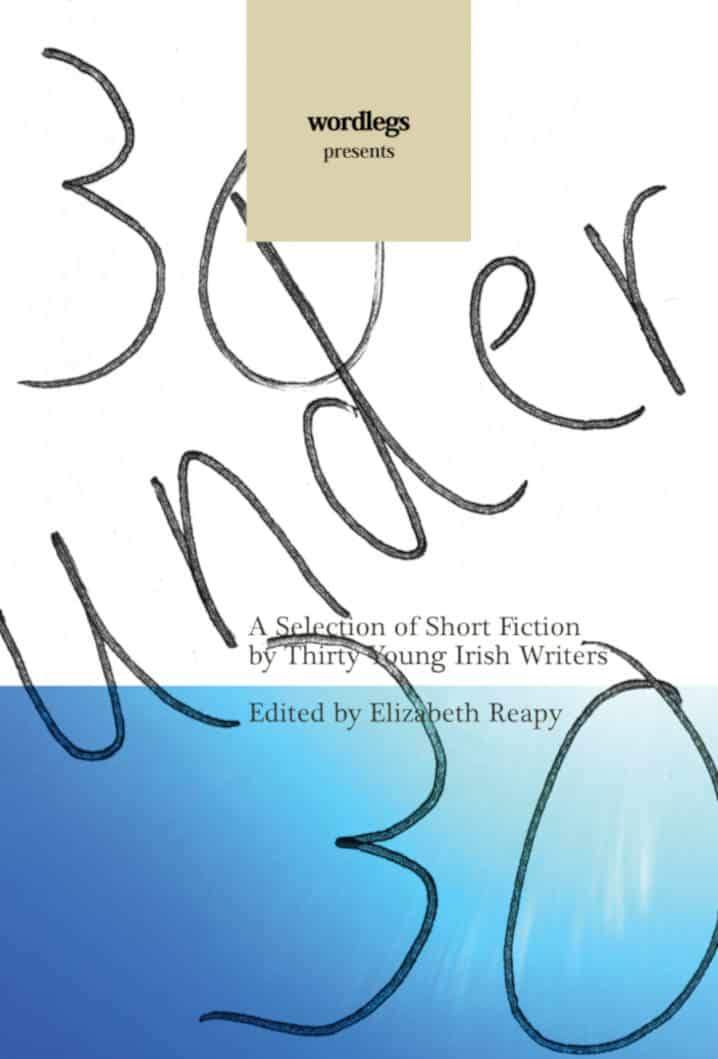Free shipping in Ireland over €25. Free worldwide shipping on orders over €50

ELIZABETH REAPY, 28, is from Claremorris, Co. Mayo, has an MA in Creative Writing from Queen’s University, Belfast and is the editor of wordlegs.com. Her short fiction and poetry has been published nationally and internationally and she is a Pushcart Prize nominee.She was chosen as Tyrone Guthrie’s Exchange Irish Writer in Varuna Writers’ House, Sydney for 2012 and awarded the Arts Council of Ireland’s Travel and Training Award to complete this. The recording of her short story ‘Getting Better’ went to No. 1 in both the Irish and Global Literature Podcasts Charts on iTunes in May, 2012. She was a featured speaker at the Australian Young Writers Festival, at the Dromineer Literary Festival, the Dublin Book Festival and the Belfast Book Festival.
Wry and vivid, knowing and unafraid, these are fictional voices to heed and to remember. Energy pulses through these stories. Intelligence is seared into them. A real achievement.
— Belinda McKeon
It is with great excitement I introduce this collection of short stories by Irish writers, all of whom were thirty years old or younger at the beginning of 2012, all of whom have featured on wordlegs.com.
I’ve been the editor of wordlegs, an online journal, for almost three years now. We founded the site in 2010 to showcase young and emerging Irish writers. It’s been very successful and we have a loyal readership that grows with each issue. The site has also evolved outside of its virtual residence. It forced itself outwards. We had to move with it and we’ve had many interesting experiences over the past three years undertaking new challenges and collaborating with other artists.
My initial idea before the site was created was to collect and publish an anthology of work by young Irish writers, so in a roundabout way, my original intentions have been realised, with glorious by-effects. Three great years of online journal publishing experience and meeting with wonderful emerging and established writers. Hopefully encouraging people back to literature, to reading poetry and short stories. Three years of working as part of an innovative team, of pushing boundaries and seeing ideas through.
In March 2012, we gathered a version of this collection in ebook form and released it on the Amazon market. With good fortune, John Walsh of Doire Press noticed, got in touch and thus this new project began. I was thrilled to take on a new challenge, despite trying to compile and edit this book from regional Australia. I worked eleven hour night shifts in an orange factory and the outback hostel I lived in didn’t have steady internet. There was a chipper across the road that would let us use their wifi but not their power sockets. My laptop would only last about six minutes without charge. So, I had to force myself to wake up each morning and get to the local library, email Ireland, the writers, the publishers, the team and work on this; then get another sleep, make lunch and go work in the factory until 4am. It was tough to say the least but it’s been worth it. I can stand by each writer and say that they’ve been so helpful and professional in this process and I know that this network will remain tight as we move on from here.
The writers featured have grown up through turbulent changes in Irish society; from war to peace; homogeny to multiculturalism; excessive wealth to recession and mass emigration. Irish literature and the arts scene in general is facing major changes at present. The collapse of the economy has affected my generation significantly. In this anthology, you will notice evidence of these tensions; the societal despair, the state of flux we’re in.
It’s not all doom and gloom though. It’s actually quite exciting to see what will happen next. It’s now time to stop looking at it from the dark side and start finding the light in this new era in Ireland. We have to be more dynamic and creative. We need to figure out how to make things happen without completely depending on funding and patronage. And this book is an example of that.
This is a collection of short fiction; fresh, contemporary pieces. There’s such a variety of style and tone here, from journal narrative to post-modern non-narrative approaches. There’s flash fiction, which is precise and punches in a short space of time, indicative of current attention spans and trends. There’s a celebration of the absurd and stories that are hyper-real portrayals of today’s world.
Personally, I’m interested in clear writing. But I do like creative flourishes, a good voice, a writer’s confidence to construct a story in their own accent. I like the unfolding of narrative arcs that leave a lot of space to re-read and re-think different big concepts like love or existence or death. I like when story conventions are traditional but also when they are remoulded, twisted, and I love a good character. The writing in this collection also contains an honesty that appeals to me. The writers have put forward their stories along with their hearts. They’ve given us a flowering of ideas they’ve worked on and etched out and painstakingly redrafted.
These pieces are all so diverse but are connected in their originality, their rich use of language and fresh imagery, which is universal to Irish literature.
I hope that this collection inks a moment in Ireland, post Celtic Tiger, a place where we have lost our monetary wealth but not our rich culture and art. The writers featured will no doubt go on to much success and time will show this. I hope that in fifty years, in a hundred years, that this will be enjoyed as a collection of great stories by great writers, just as they embarked on their literary careers. I hope that aspiring young Irish writers of the future read this book and think they can do it better, then go out and do it better, and that this wonderful, ancient storytelling tradition we have in Ireland will always remain strong and proud.
Thank you for reading and supporting us.
Le meas,
Elizabeth Reapy

ISBN: 978-1-907682-19-3 | Pages: 192 | Published: 2012
30 under 30 is a collection of fresh, contemporary short fiction. There’s such a variety of style and tone, from journal narrative to post-modern non-narrative approaches. There’s flash fiction, which is precise and punches in a short space of time, indicative of current attention spans and trends. There’s a celebration of the absurd and stories that are hyper-real portrayals of today’s world. The collection includes Ireland’s best young writers, including Kerrie O’Brien and Stephen James Smith.